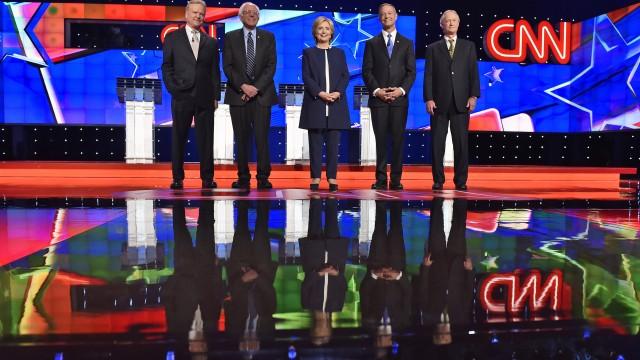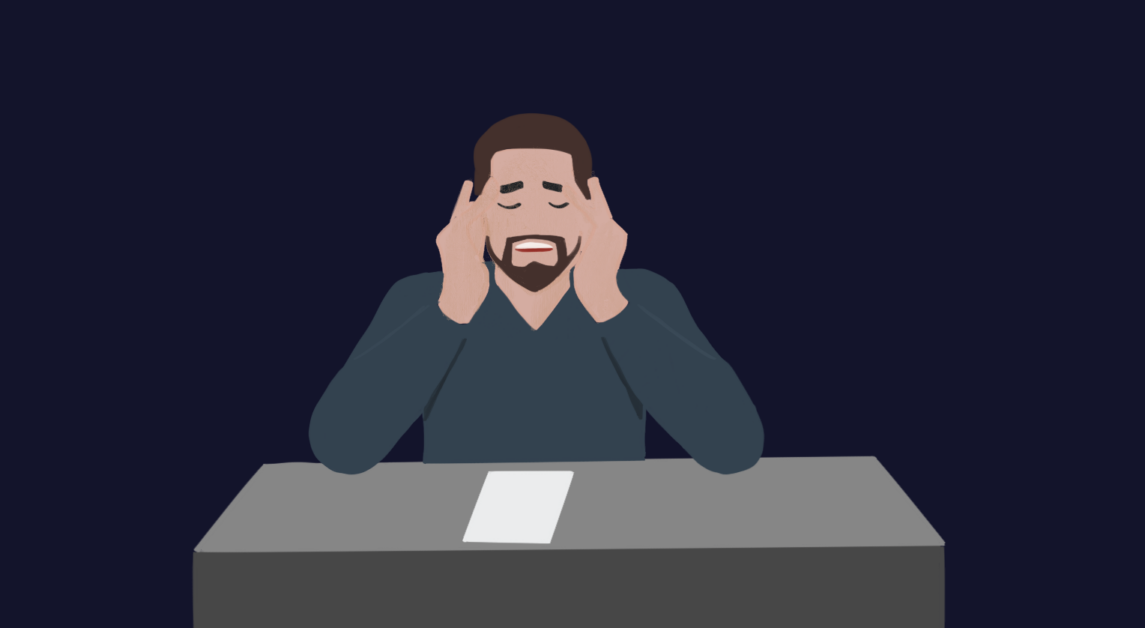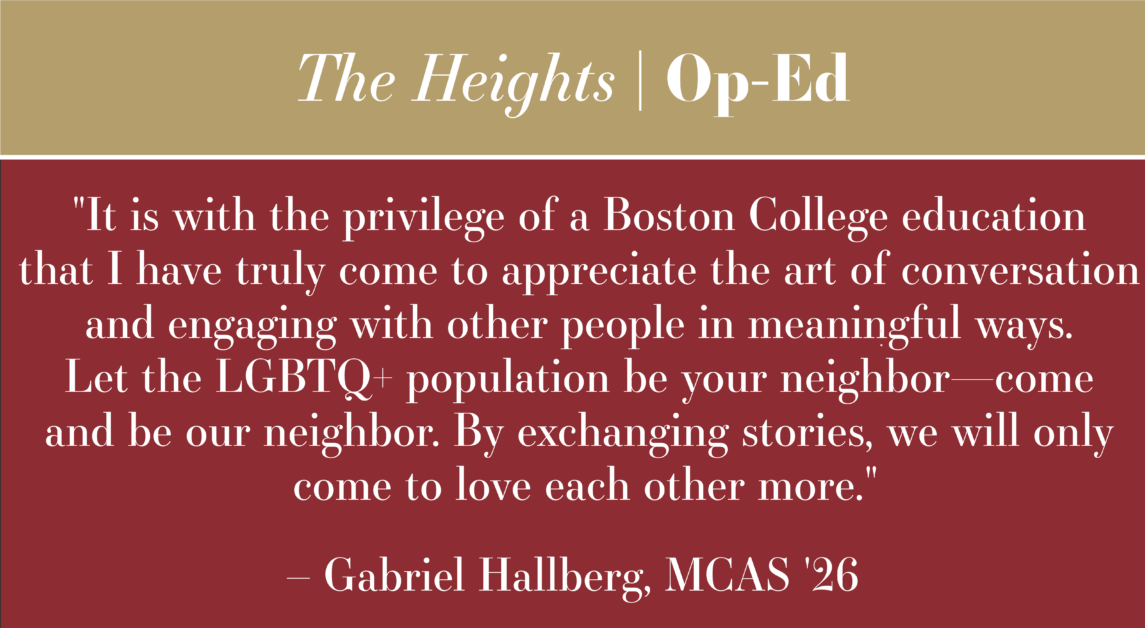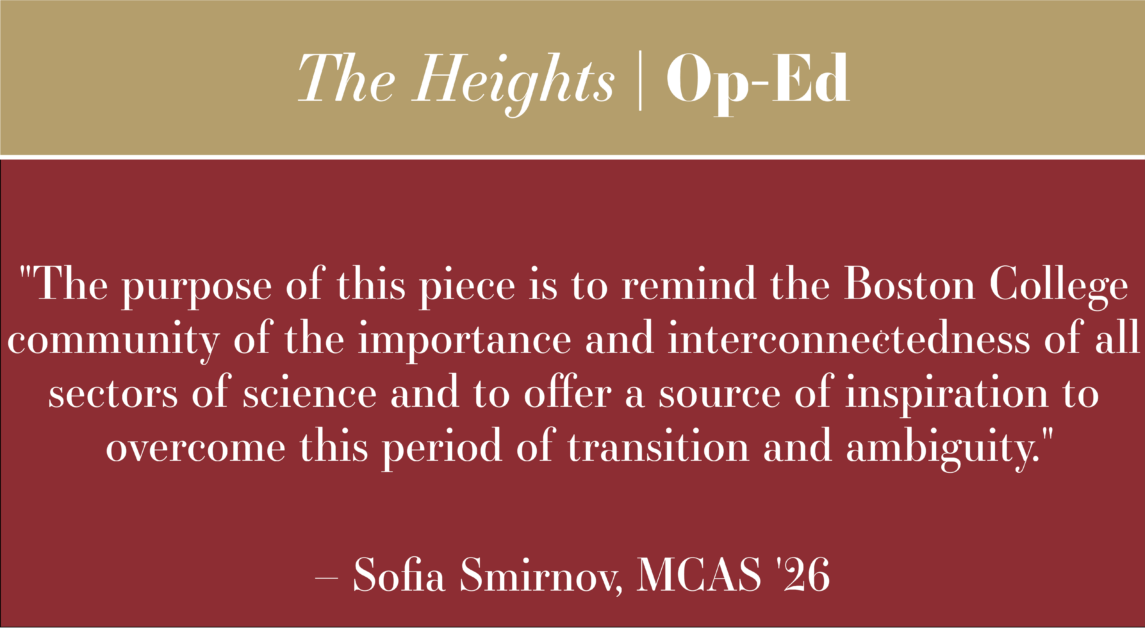At this point in my life, I find myself becoming increasingly disillusioned about reflecting on and discussing political issues. This a pretty inopportune time for this realization, however. After all, there is a presidential election coming up in a year and there are countless important issues here in the United States and abroad that impact the lives of millions.
I think the biggest issue is that I’ve become disillusioned with the way that political issues are presented to the average American. Objective news sources are impossible to find, it seems—any given source is conceived of as either liberal propaganda or the evil ramblings of the conservative right. This impedes any meaningful discourse because sources are simply dismissed as fitting into one of the categories mentioned above and the person is deemed as inept for having subscribed to one of these sources.
The recent Republican and Democratic debates have served to remind me of the artifice of American political representation and the subordination of important discourse to the stakes of a popularity and glamour contest. Candidates have trouble speaking viscerally and genuinely because of the importance of appearance in a televised debate to a large national audience. I simply can’t suspend my disbelief to buy into the scriptedness of the candidates’ speeches.
Assuming my position is that I will not cast a ballot next year, critics would levy the following argument: citizens of the United States bear the burden of keeping abreast of and staying informed about local and national politics and of exercising their voting rights to ensure that their views are appropriately represented in the government.
I have a few responses to this, the first of which is a critique of what it means to be “informed” about current events. Many political issues—foreign policy, financial regulation, economic policies, and immigration, to name a few—are exceedingly complex. I have trouble believing that the average voter has sufficient knowledge about a given topic to make his endorsement of a candidate based on that candidate’s position. I am the first to admit that I understand very little. I read mostly about health care legislation and its legal analysis and haven’t even begun to understand its nuance and complexity. In sum, “keeping abreast and staying informed” does not mean that one appropriately understands the issues. I guess what I’m struggling with the most at this point is whether it’s possible to be “well enough informed.”
Very rarely does a given candidate fully align with an individual’s points of view. In fact, I would argue that most candidates fit the bill of the typical Democrat or Republican, which only serves to further divide the nation based on party lines. No candidate will ever represent all of my views, but this Democrat or Republican is “close enough.” Or the converse happens: a voter develops an uninformed visceral attachment to a candidate and the voter just buys into all those candidate’s positions (for example, a voter endorsing Hillary Clinton just because she is a woman may very likely overlook her stance on certain economic policies). Additionally, I’m skeptical of any candidate affecting bipartisan legislation or encouraging Congressional discourse, so at this point I feel as if it doesn’t really matter who is in the Oval Office.
At the end of the day, I’m abstaining from casting a ballot because I feel that I am not informed enough to do so and I don’t particularly like any of the candidates. I think that purposeful passivity is better than just being indifferent, however. Maybe I’m being too ridiculous in critiquing the fundamentals of representative government, but I still think that these are important concerns to ponder as voting season approaches.
Featured Image by The Associated Press













